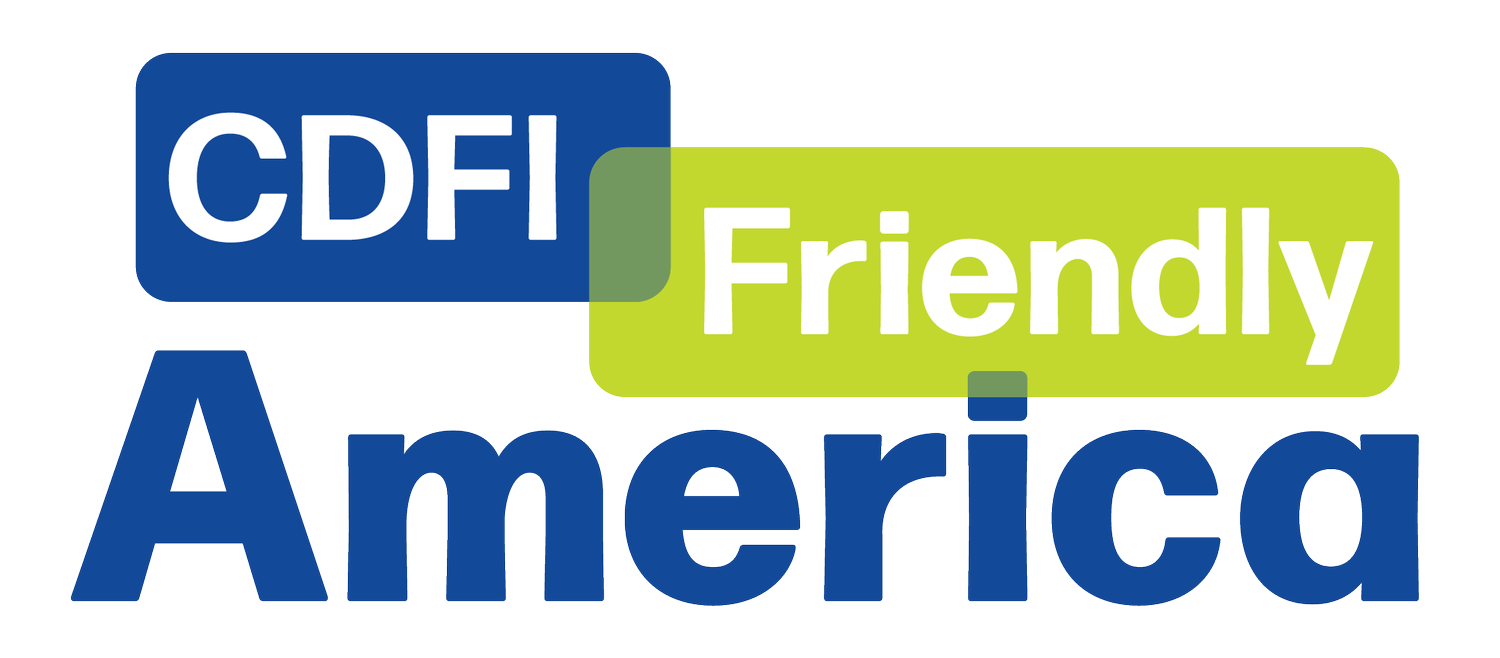CDFIs Could Increase Access to Financial Services for Justice-Impacted Individuals
A second chance shouldn’t come with financial roadblocks. Yet, for returning citizens—individuals reentering society after incarceration—access to capital remains one of the biggest barriers to stability and success. Every year, an estimated 600,000 individuals are released from incarceration in the United States, and they often encounter significant barriers when looking for financial resources and services. Justice-impacted individuals are twice as likely to be unbanked or underbanked compared to the general population (32% vs. 15%), and this greatly impacts their ability to restart and maintain a stable life outside of prison.
According to the Prison Policy Initiative, people, whether found guilty or not, often leave jail owing thousands of dollars due to a combination of bail fees, legal fees, and other costs imposed by the justice system. For some, this can compound with financial troubles prior to their arrest and leave them more impoverished and in need of support.
Many returning citizens struggle to open a bank account, get a job, and secure housing due to a lack of valid and up-to-date identification documents upon release. Most states do not offer assistance to incarcerated individuals to help them obtain or update their IDs. In addition, limited or poor credit history restricts their ability to obtain loans. Traditional financial institutions have policies and practices that limit access to resources and services for individuals with criminal records. This leads some individuals to long-term reliance on credit cards, predatory lenders, or high-cost financial services from banks to offset the perceived risk. Difficulty in reestablishing financial security can lead to high recidivism rates.
This is where CDFIs can step in to address specific reentry financial needs. Through partnerships with nonprofits and community organizations that support reentry programs, CDFIs can and have developed loan products suited for individuals with limited credit history to address their immediate needs and help them build credit moving forward. Many CDFIs are also well equipped to provide education and technical assistance to increase financial literacy for those who have a lack of guidance or experience with the financial system.
One example of a CDFI that specializes in working with returning citizens is Entre Capital. Entre Capital is the first community loan fund exclusively serving second-chance businesses, and focusing on formerly incarcerated entrepreneurs. They provide a multitude of services, from providing business loans to individuals with criminal records to financial literacy training and mentorship programs. People who have participated in their Prison Entrepreneurship Program have a three-year recidivism rate of 8% compared to the national average of 62%.
While CDFIs like Entre Capital lead the way in targeted support, other organizations are also stepping in. Capital Impact Partners is investing in projects aimed at reentry success. Their support of businesses and community organizations like Homeboy Industries—a reentry and rehabilitation organization—demonstrates how strategic lending and mission-aligned investment can foster long-term reintegration. These collaborations create pathways for returning citizens to secure employment, gain life skills, and access supportive services, all of which are critical for financial independence.
Governmental support plays a key role in expanding the reach and effectiveness of financial services for formerly incarcerated individuals. In 2022, the Biden Administration allocated $145 million in federal funding toward reentry programs that address job training, housing, business loans, and wraparound support services. These investments demonstrated a growing recognition of the need to support financial and social reintegration at the national level. Additionally, in 2024, the U.S. Department of the Treasury hosted a convening aimed at tackling financial barriers for justice-impacted individuals. This gathering held with financial institutions and community partners was part of a broader initiative to foster inclusive financial systems that reduce stigma and promote access to equitable lending and banking tools.
It is unclear if the Trump administration will implement any similar initiatives or defund existing programs. However, as of April 2025, Maine’s Department of Corrections received notice that several awards associated with reentry services and incarceration have been terminated by the Trump administration. These include funding for drug treatment programs for adults in reentry, initiatives fostering engagement between incarcerated parents and their children, and resources aimed at improving post-release supervision. According to a brief communication from the Department of Justice, “these awards are being terminated because they ‘no longer effectuate the program goals or agency priorities.’”
By aligning CDFI programs with public-sector initiatives, communities can multiply the impact of their efforts and ensure broader, more sustainable success for returning citizens. CDFIs offer a powerful, community-centered model for addressing financial exclusion. By designing inclusive loan products, delivering tailored financial education, and forming partnerships with reentry-focused organizations, CDFIs can create scalable pathways to stability and long-term success for justice-impacted individuals.
To move the needle further, CDFIs and other financial institutions should expand targeted programs, increase outreach efforts, and advocate for policies that reduce systemic financial discrimination. Strengthening partnerships between CDFIs, government agencies, and local nonprofits can amplify these efforts and promote a more equitable financial system for all. A second chance should be possible, accessible, and affordable.


